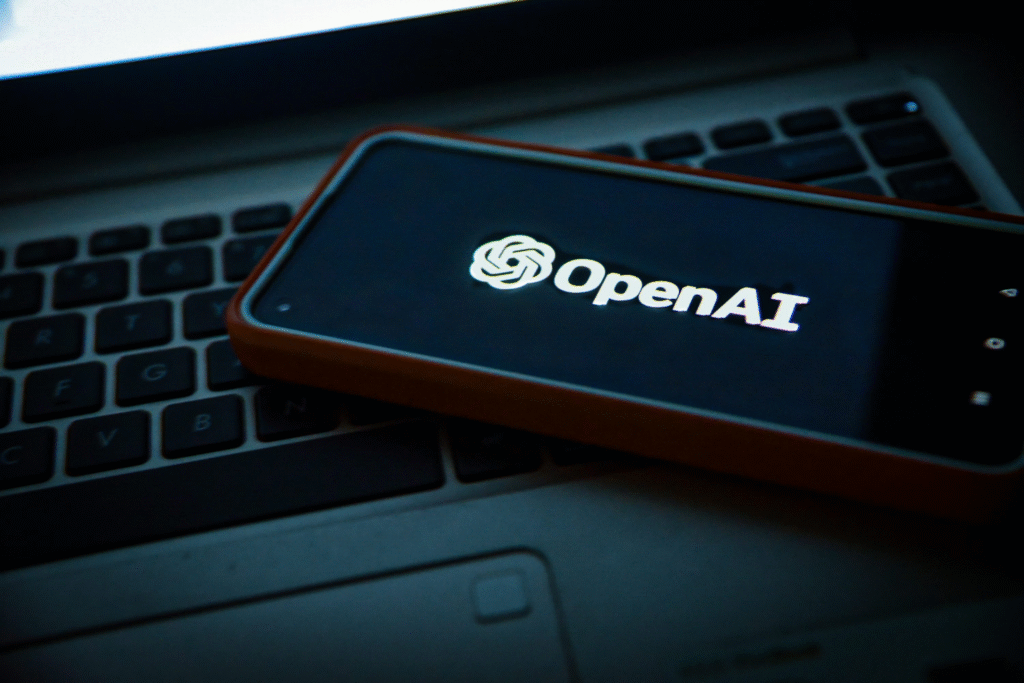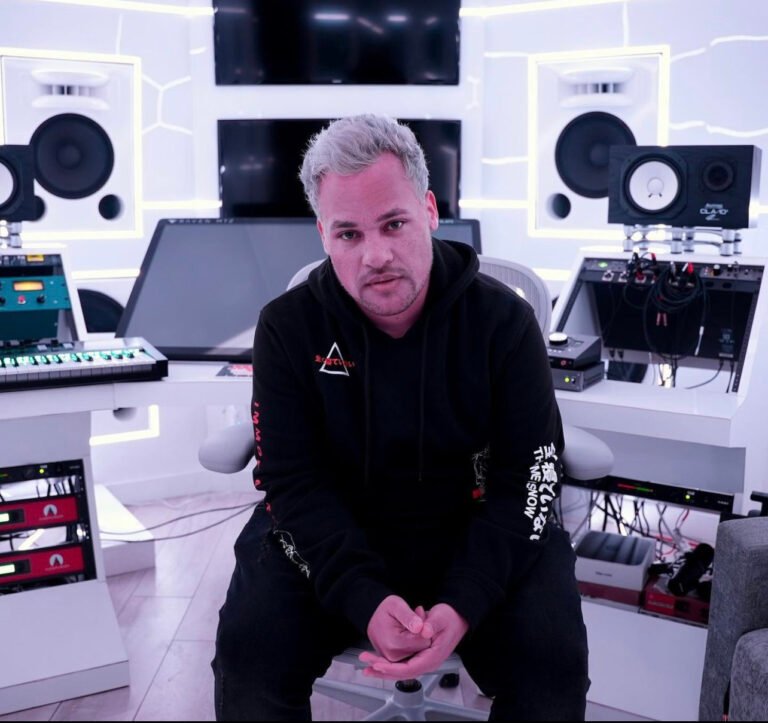Artificial Intelligence (AI) is shaping the world faster than ever, and two major companies — OpenAI and Anthropic — are at the center of this race. While OpenAI is already leading with a huge $500 billion valuation and partnerships with tech giants like Microsoft and Nvidia, its rival Anthropic is quickly catching up. But the story is not just about business competition — it’s also about politics, regulation, and how the future of AI should be controlled.
Anthropic, a rising AI company founded by siblings Dario and Daniela Amodei, is now facing two powerful opponents at the same time: OpenAI and the U.S. government. Recently, David Sacks, who serves as President Donald Trump’s AI and crypto czar, has openly criticized Anthropic, accusing it of trying to control how AI laws are made in the U.S. He wrote on social media platform X, “Anthropic is running a sophisticated regulatory capture strategy based on fear-mongering.” His statement sparked a major debate in the tech community about whether AI companies should influence government policy — and if so, how much.
To understand this conflict, it’s important to look at how Anthropic was born. Back in 2020, Dario and Daniela Amodei left OpenAI after they disagreed with its growing commercial direction. OpenAI, which had started as a nonprofit organization focused on safe AI research, was now turning into a business machine after receiving massive investments from Microsoft. The Amodei siblings wanted to build an alternative — a company that would focus on safer and more responsible AI. And that’s how Anthropic was created. Their mission was simple yet powerful: to develop advanced AI models that were safe, transparent, and aligned with human values.

Over the years, both companies — OpenAI and Anthropic — have grown into giants of the AI world. OpenAI gained worldwide fame with its ChatGPT app and Sora, which are now used by millions of people daily. Anthropic, on the other hand, has made its mark with the Claude series of AI models, especially loved by businesses and enterprise users. In terms of valuation, OpenAI stands tall at around $500 billion, while Anthropic isn’t far behind, with a valuation of about $183 billion. Despite being smaller, Anthropic has quickly become one of the most respected and trusted names in the AI industry.
But success has also brought challenges. The company’s focus on safety and regulation has put it at odds with the Trump administration’s policies. David Sacks’ recent criticism is part of a bigger clash between the government’s approach and Anthropic’s beliefs. The disagreement began after Anthropic’s co-founder Jack Clark, who is also the company’s head of policy, wrote an essay titled “Technological Optimism and Appropriate Fear.” The essay discussed the balance between excitement for new technology and the need for caution when dealing with AI risks. However, Sacks interpreted the piece differently and accused Anthropic of spreading unnecessary fear to gain more influence over how AI is regulated.
Meanwhile, OpenAI has taken a very different route in its relationship with the government. It has positioned itself as a close partner to the Trump administration. On January 21 — just a day after President Trump’s inauguration — the White House announced a massive joint project called “Stargate.” This partnership between OpenAI, Oracle, and SoftBank aimed to pour billions of dollars into building America’s AI infrastructure. The move showed just how connected OpenAI has become to national policymaking, while Anthropic continues to stand on the opposite side, fighting for stricter AI safety laws.
The heart of this dispute lies in how the U.S. should regulate AI. OpenAI believes that fewer restrictions will help America stay ahead in global innovation. Anthropic, however, argues that without proper guardrails, the technology could become dangerous. The company has often spoken against attempts by the federal government to block state-level AI rules. For example, a proposal known as the “Big Beautiful Bill” — supported by the Trump administration — tried to prevent states from making their own AI regulations for ten years. Anthropic strongly opposed this idea, arguing that it would remove important safety protections.
Eventually, this proposal was dropped, partly due to pushback from companies like Anthropic. Later, the company even supported California’s SB 53, a law that would require AI companies to be more transparent and reveal details about how their systems work and how they ensure user safety. This law went in the exact opposite direction of the Trump administration’s goals, showing just how different Anthropic’s vision is from the federal government’s.
Despite these challenges, Anthropic has continued to grow and attract attention for its thoughtful approach to AI. Dario Amodei, the company’s CEO, is often seen speaking at major events like the World Economic Forum, where he discusses the importance of balancing innovation with responsibility. “We can’t move fast and break things when it comes to AI,” he once said in a public talk, highlighting his belief that rushing technological progress without safety measures could cause real harm.
Anthropic’s cautious tone has earned it supporters in academic and tech communities, but it has also made it a target for political criticism. Many believe that the company’s stance represents a growing divide in Silicon Valley — between those who want AI to evolve with minimal government interference and those who believe stricter rules are essential for humanity’s safety.
While OpenAI continues to dominate the consumer side of AI with its user-friendly tools like ChatGPT, Anthropic is carving its path in enterprise technology and responsible AI development. The race between these two isn’t just about who builds the most powerful AI — it’s about whose philosophy will shape the next generation of artificial intelligence. Will the future of AI be driven by speed and profit, or by caution and care?
As the world watches this technological rivalry unfold, one thing is clear: Anthropic’s journey is far more than a business story. It’s a story about standing by principles in an industry where success often means compromise. Whether the company’s vision will win over the government and public remains to be seen. But for now, Anthropic continues to walk its own path — one built on belief, not fear.








